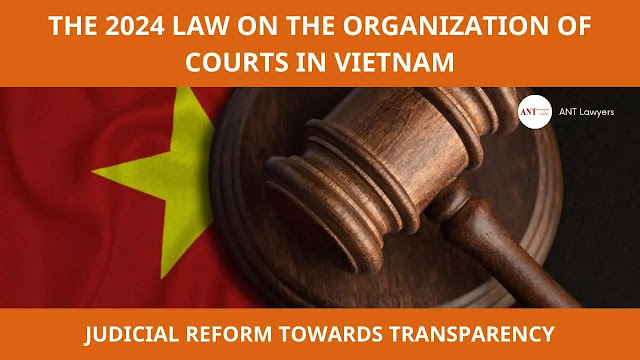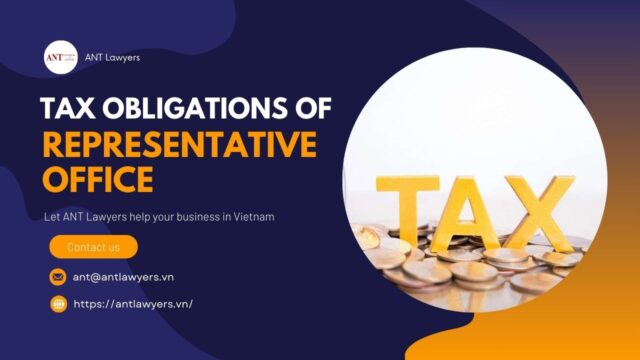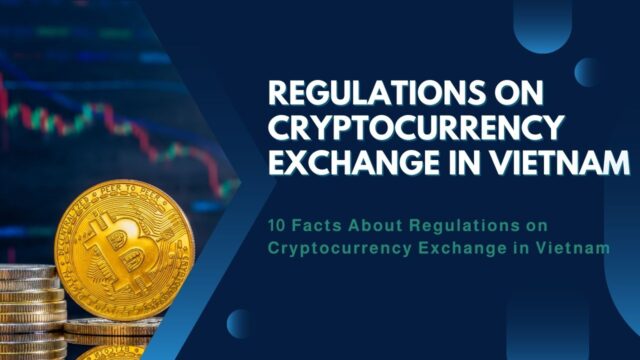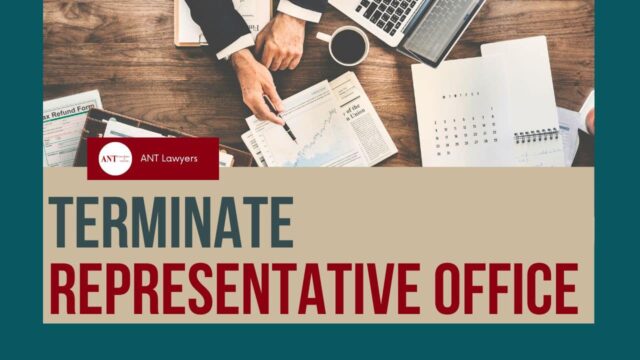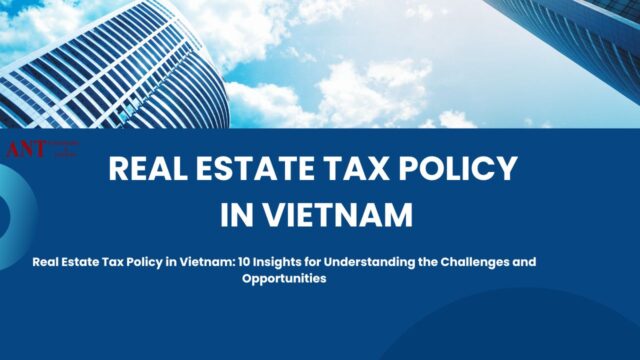In recent years, Vietnam has continuously enhanced its legal framework to meet the demands of a rapidly developing society and the growing requirements for international integration. The 2024 Law on the Organization of Courts in Vietnam marks a step in the Vietnam’s judicial reform efforts.
This law not only strengthens the role of People’s Courts in protecting human rights and civil liberties but also emphasizes the adoption of modern technologies in court proceedings.
In the following, key highlights of the 2024 Law on the Organization of Courts in Vietnam and its positive impacts on Vietnam’s judicial system will be discussed.
The Importance of the 2024 Law on the Organization of Courts in Vietnam in the Modern Context
The introduction of the 2024 Law on the Organization of Courts in Vietnam was essential, as Vietnam faces new legal challenges while becoming an increasingly attractive destination for international investors.
Enhancing transparency, fairness, and modernization within the judicial system is a important for ensuring national stability and development.
This law is designed to enable the People’s Courts to fulfill their function as the highest judicial bodies in Vietnam, protecting the core values of society, including human rights, civil liberties, and social order.
With significant changes in organization, operation, and the application of technology, the 2024 Law sets a new standard for the legal framework in Vietnam.
Restructuring the People’s Courts System
The 2024 Law on the Organization of Courts in Vietnam maintains the traditional three-tier court system, consisting of the Supreme People’s Court, provincial-level courts, and district-level courts. However, it introduces key adjustments aimed at improving the efficiency of the system.
The Supreme People’s Court, as the highest judicial body, continues to issue guidelines on adjudication principles and legal interpretation. It also oversees the judicial activities of lower courts to ensure consistency in the application of laws and fair adjudication across the board.
Provincial and district courts retain their essential roles in handling criminal, civil, administrative, and commercial disputes.
One noteworthy update is the strengthened role of specialized courts, such as military courts and family and juvenile courts. This reflects a particular focus on vulnerable groups and sensitive issues, ensuring that specialized cases are adjudicated by experienced and knowledgeable bodies.
Expanded Powers and Responsibilities of People’s Courts
Under the 2024 Law, the duties and powers of courts have been expanded to meet the growing complexity of modern society.
Courts now handle not only traditional criminal and civil cases but also economic, commercial, environmental disputes, and even cases related to technology and artificial intelligence (AI). This demonstrates the legislators’ strategic vision in preparing for future legal challenges.
Additionally, the new law highlights the People’s Courts’ role in safeguarding human rights and civil liberties. Courts are mandated to ensure equality before the law, regardless of one’s social or financial status. The protection of individual rights is prioritized throughout judicial proceedings, reinforcing the public’s trust in the system.
Key Principles of Judicial Operations: Ensuring Transparency and Fairness
One of the law’s core principles is the emphasis on transparency and fairness in court proceedings. Open trials and equality before the law are reaffirmed as key elements that enhance public confidence in the judicial system.
Moreover, the independence of judges is strictly enforced. The optimum idea is that the judges are to adhere solely to the law and remain free from external pressures or influences. This ensures that court rulings are based on facts and legal principles, rather than being influenced by power or financial incentives.
Appointment and Dismissal of Judges: Ensuring Professionalism and Independence
The 2024 Law outlines clear procedures for the appointment and dismissal of judges to maintain the professionalism and independence of the judiciary.
In theory, criteria for appointment include not only educational qualifications and ethical standards but also practical experience and judicial competence.
Dismissal procedures are equally strict, ensuring that judges who violate professional ethics or damage the reputation of the judiciary are removed. This mechanism is vital for upholding the quality and integrity of the judicial system.
Application of Information Technology in Court Operations
One of the most notable changes in the 2024 Law is the emphasis on integrating information technology into court operations. People’s Courts will enhance the use of electronic management systems to streamline administrative work, improving transparency and efficiency in case handling.
Additionally, virtual court hearings are expected to be used, particularly for cases with international elements or during special circumstances such as pandemics. This not only reduces costs but also improves access to justice, especially for those who cannot physically attend court proceedings.
Impact of the 2024 Law on Vietnamese Society
The substantial changes in the organization, authority, and technology under the 2024 Law on the Organization of People’s Courts are expected to have a positive impact on Vietnamese society.
First, the law will improve the quality of court proceedings, ensuring that all citizens have equal access to justice with transparency and fairness. The increased professionalism of judges and improved management processes will help reduce case backlogs and enhance judicial efficiency.
Furthermore, the integration of information technology will foster a modern court environment where transparency and fairness are maximized. This not only strengthens public confidence in the legal system but also attracts international investors to Vietnam, contributing to economic growth.
Conclusion:
The 2024 Law on the Organization of Courts in Vietnam represents a significant step in Vietnam’s judicial reform efforts. With its emphasis on modernization, expanded judicial powers, and technology integration, the law ensures that the Vietnamese legal system will be better equipped to meet the demands of a rapidly evolving society. This is a necessary step for Vietnam to continue developing and integrating into the global community amidst modern legal challenges.
About ANT Lawyers, a Law Firm in Vietnam
We help clients overcome cultural barriers and achieve their strategic and financial outcomes, while ensuring the best interest rate protection, risk mitigation and regulatory compliance. ANT lawyers has lawyers in Ho Chi Minh city, Hanoi, and Danang, and will help customers in doing business in Vietnam.
Source: https://antlawyers.vn/update/the-organization-of-courts-in-vietnam-law.html
